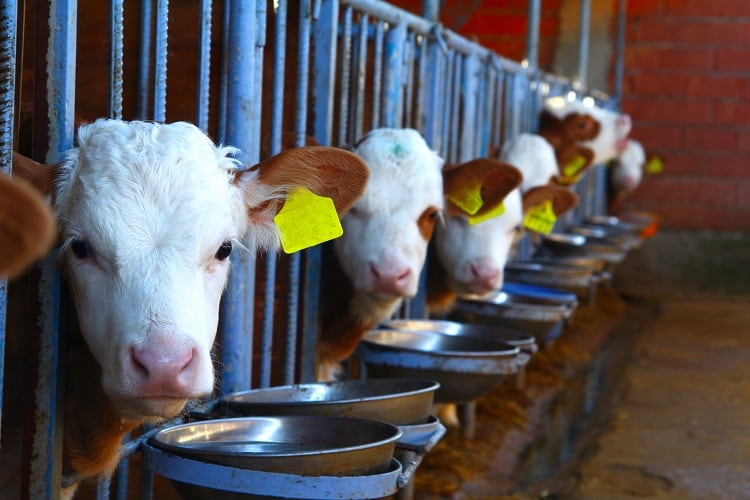In 2019, the UK became the first major economy to commit to climate neutrality by 2050. This means it has less than 30 years to transform its economy into one championing net-zero greenhouse gas emissions.
In December last year, the Government followed up with new plans to achieve at least a 68% reduction in greenhouse gas emissions by the end of the decade, compared to 1990 levels – representing the fastest reduction rate of any major economy.
As the agri-food system is a significant emitter of greenhouse gases – responsible for one-quarter of the world’s emissions – lowering its environmental impact could help the Government make fast gains.
So what direction should the Government take in terms of plans and policies within the agri-food landscape? The Vegan Society has sought the perspectives of UK consumers.
Promoting plant-based diets
The survey, conducted through consumer insight platform Attest between 17-23 February 2021, attracted responses from 6,200 British consumers.
Findings revealed that one in three consumers (32%) would support Government calls to promote plant-based diets in an effort to address the climate crisis. This would mean plans and policies that actively encourage people to cut back on their meat, dairy and egg consumption.
Of the 2,000 respondents who backed government intervention to support plant-based diets, 61% said they would support public awareness campaigns on the health and environmental benefits of reducing animal products from diets. Sixty percent said there should be at least one plant-based, healthy meal on every public sector menu.
On the agricultural side, 55% believed there should be financial incentives and support for more UK grown, high protein crops, such as seeds, nuts and beans. Initiatives that would see farmers receive packages of support to transition out of animal farming was backed by 53%.
Other initiatives to receive support from UK consumers include the offering of plant-based milk alternatives as part of public health initiatives for children (51%). This finding is timely. Following years of campaigning by The Vegan Society, the Scottish Government recently agreed to include plant-based milk alternatives in a government-funded nursery and early learning milk scheme.
And finally 48% said they would support zero VAT rates on plant-based catering and restaurants.
Responding to the 'climate emergency’
The survey results come just weeks after the United Nations Development Programme (UNDP) Climate Vote, undertaken in conjunction with Oxford University.
In response to what is regarded the largest ever opinion poll on climate change (more than one million people from 50 countries were questioned), almost two-thirds said they view climate change as a ‘global emergency’.
However, of the options available to respondents, backing a shift towards plant-based diets was the least favoured response. Rather, respondents backed the conservation of forests and land (54%); solar, wind and renewable power (53%); climate-friendly farming techniques (52%); and investing more in green businesses and jobs (50%).
Of The Vegan Society’s findings, the charity’s Insight and Commercial Policy Officer Louisianna Waring said the results were ‘hugely positive for the vegan movement’, adding that promoting plant-based diets is one solution to the climate crisis.
“It is fantastic to see that one in three people in the UK are listening to the science on the impact of dietary choices,” she said. “Many of the climate solutions on offer can only be achieved if implemented together and promoting plant-based diets is one solution that unlocks several others, including reduced deforestation and less water and land use.”





